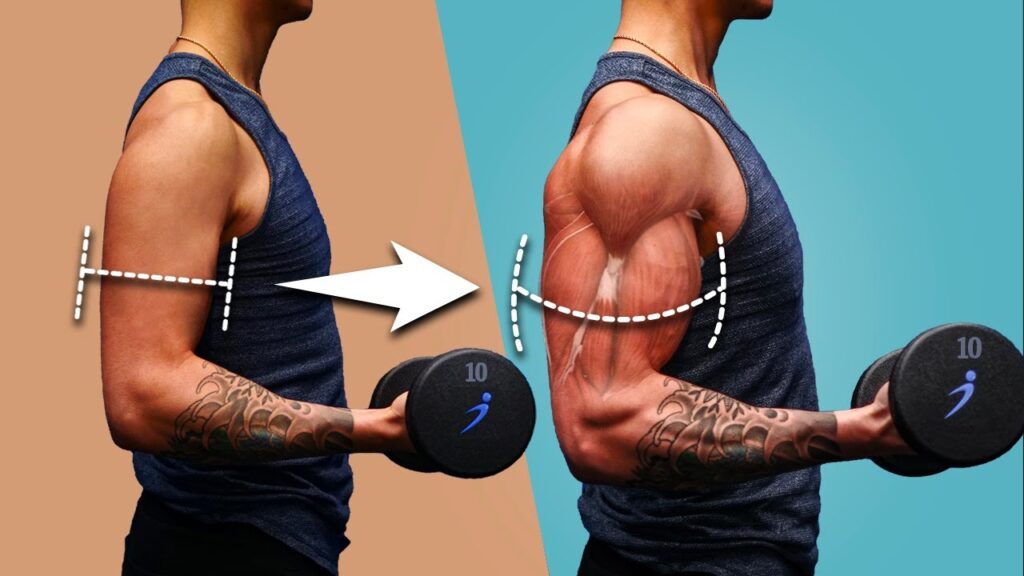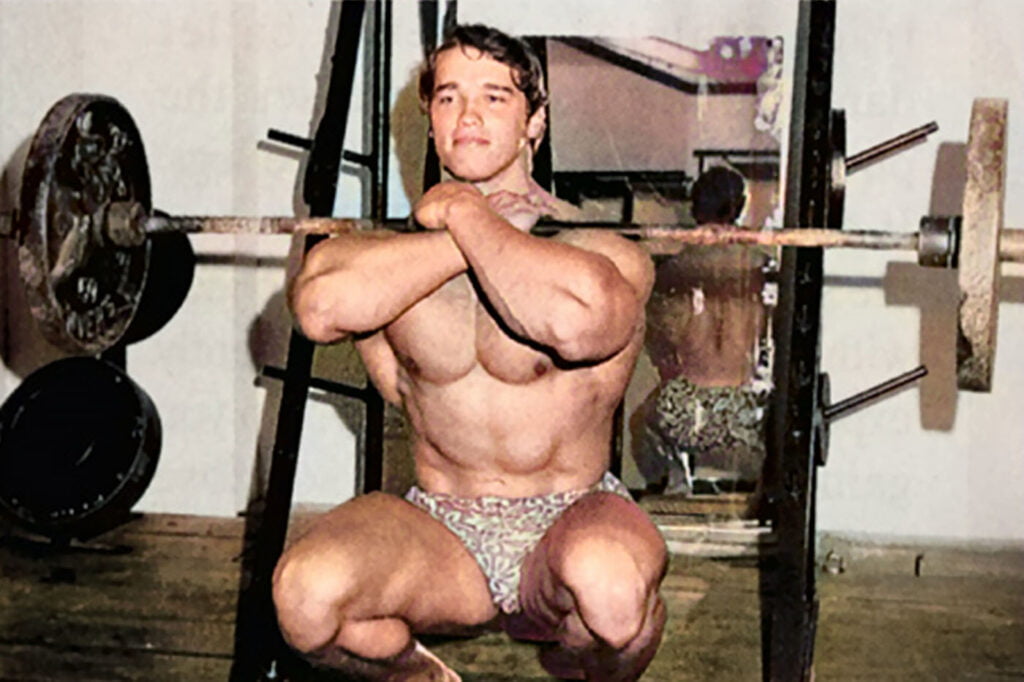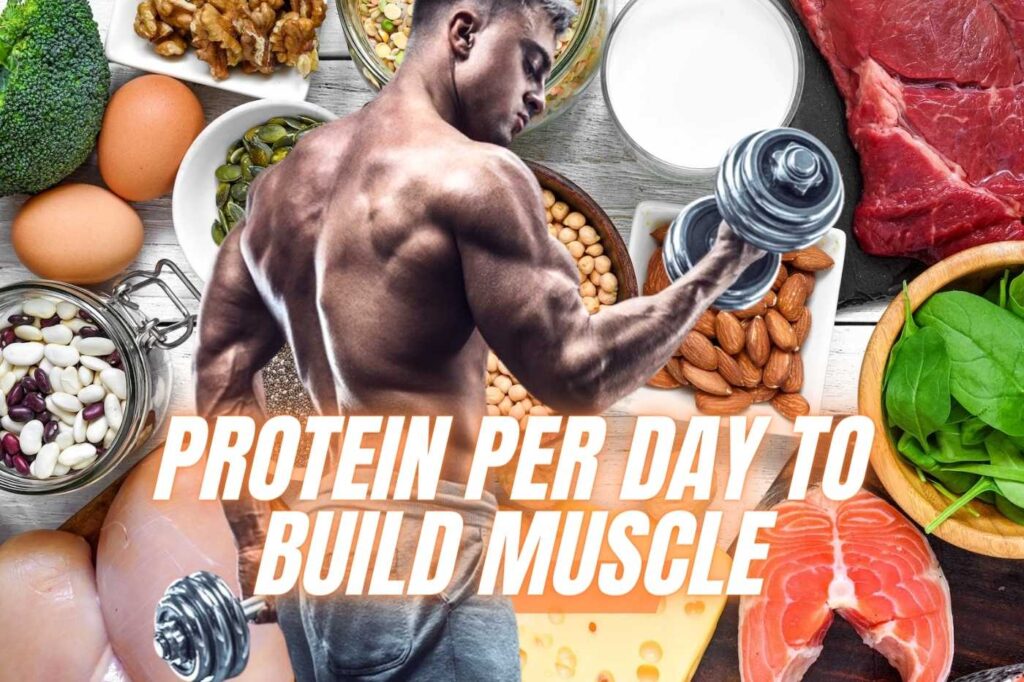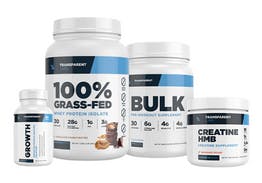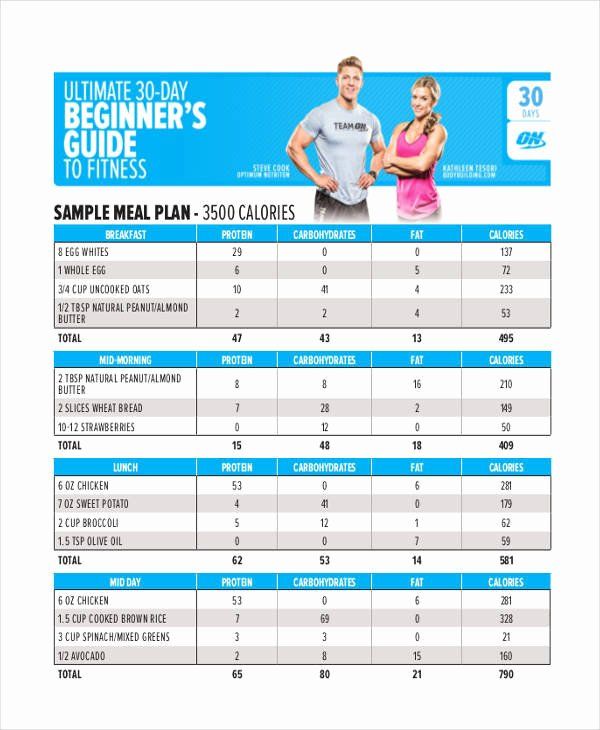To build your muscles, combine strength training exercises with proper nutrition. Focus on consistent workouts and adequate protein intake.
Building muscle requires a strategic approach. Consistency in strength training exercises is crucial for muscle growth. Incorporate compound movements like squats, deadlifts, and bench presses into your routine. These exercises target multiple muscle groups and promote overall strength. Nutrition plays an equally important role.
Consuming a diet rich in protein, healthy fats, and complex carbohydrates fuels your body and aids muscle recovery. Aim for 1. 2 to 2. 2 grams of protein per kilogram of body weight daily. Stay hydrated and ensure you get enough rest, as muscle repair happens during sleep. By following these guidelines, you can effectively build muscle and enhance your physical fitness.

Credit: www.askendiet.com
Setting Goals
Setting clear goals is essential to build muscles effectively. Establish specific targets, track your progress, and adjust routines as needed.
Identify Objectives
First, know what you want to achieve. Do you want to increase muscle size or strength? Setting clear goals helps keep you focused. Write down your goals and review them often. Make sure your goals are specific, measurable, achievable, relevant, and time-bound (SMART). This will help you stay on track.
Track Progress
Keeping a record of your progress is important. Use a notebook or a fitness app to log your workouts. Note the weights, sets, and reps you complete. Check your progress weekly or monthly. Adjust your goals if needed. Celebrate small wins to stay motivated.
Nutrition Essentials
Protein helps build and repair muscles. Aim for at least 1 gram of protein per pound of body weight. Good sources include chicken, fish, eggs, and beans. Spread your protein intake throughout the day. This helps your body use it better.
Carbohydrates give you energy for workouts. Choose whole grains, fruits, and vegetables. These are better than sugary foods. Fats are also important. Healthy fats come from nuts, seeds, and avocados. Avoid trans fats found in fried foods.
Water is crucial for muscle growth. Drink at least 8 glasses each day. Hydration helps your muscles recover faster. Avoid sugary drinks and sodas. They can dehydrate you.
Effective Workouts
Strength training is key to muscle growth. Lifting heavy weights helps build strong muscles. Squats and deadlifts are great exercises. Bench presses and pull-ups also help. Aim for 3 sets of each exercise. Rest between sets for 1-2 minutes. Increase the weight gradually.
Cardio is good for your heart and muscles. Running and cycling are great choices. Keep cardio sessions short but intense. Aim for 20 minutes of cardio, 3 times a week. This helps you stay fit and build muscles.
Recovery is very important. Stretching helps muscles heal. Yoga can be very helpful. Foam rolling is also good. It reduces muscle soreness. Get 7-9 hours of sleep each night. Sleep helps muscles grow and recover.
Proper Form
Many people lift weights that are too heavy. This leads to poor form. Poor form can cause injuries. Another mistake is not warming up. Warm muscles work better. Some people rush through exercises. This makes them less effective. Holding your breath is also bad. Breathe out during the effort.
Start with lighter weights. This helps you learn the correct form. Keep your back straight during exercises. Watch your movements in a mirror. This helps you see if you are doing it right. Focus on slow, controlled movements. This builds muscles better. Breathe properly. Inhale before lifting, exhale during the lift. Rest between sets. This gives your muscles time to recover.
Supplement Guide
Protein Powder helps build muscles fast. Use it after workouts for best results. Take one scoop daily.
Creatine boosts strength and performance. Mix with water before or after workouts. Use 5 grams each day.
Branched-Chain Amino Acids (BCAAs) reduce muscle soreness. Consume during or after workouts. Take 5-10 grams daily.
Beta-Alanine increases endurance. Take before workouts for better results. Use 2-5 grams each day.
Fish Oil supports muscle recovery. Take with meals for best absorption. Use 1-2 grams daily.
| Supplement | Usage | Dosage |
|---|---|---|
| Protein Powder | After Workouts | 1 Scoop Daily |
| Creatine | Before or After Workouts | 5 Grams Daily |
| BCAAs | During or After Workouts | 5-10 Grams Daily |
| Beta-Alanine | Before Workouts | 2-5 Grams Daily |
| Fish Oil | With Meals | 1-2 Grams Daily |
Credit: www.businessinsider.com
Rest And Recovery
Sleep helps muscles grow. During sleep, the body repairs muscle tissues. Deep sleep is the best for muscle repair. Seven to nine hours of sleep each night is ideal. Without enough sleep, muscles can’t grow well. Sleep also improves your mood and energy.
Light exercises help muscles recover. Walking and stretching are good options. Yoga is also great for active recovery. Foam rolling helps ease muscle tightness. Keep active recovery sessions short. 20 to 30 minutes is often enough. Drink lots of water to stay hydrated.
Consistency And Motivation
Set a workout schedule. Stick to the same days each week. Make your workouts a habit. Start with easy exercises. Gradually increase weights and reps. Track your progress in a journal. Celebrate small victories. Get enough rest between workouts. Sleep is crucial for muscle growth. Eat a balanced diet rich in protein. Stay hydrated. Mix up your routine to avoid boredom. Try different exercises. Join a gym for more options.
Set clear, achievable goals. Reward yourself for meeting milestones. Find a workout buddy. Exercise is more fun with friends. Listen to your favorite music while training. Keep track of your progress. Visualize your success. Stay positive and patient. Remember, muscles don’t grow overnight. Follow inspiring fitness accounts on social media. Stay away from negative influences. Focus on your journey. Keep reminding yourself why you started. Believe in your ability to succeed.

Credit: www.healthline.com
Tracking Progress
Use a journal to track your muscle growth. Write down your workout routines and weights lifted. Take photos every two weeks to see changes. Measure your muscle size with a tape. Track your body weight regularly. These methods help you see your progress.
If progress slows, change your workout. Try different exercises to work new muscles. Increase the weights you lift. Add more reps or sets. Change your diet to include more protein. Rest is also important. Your muscles need time to recover.
Frequently Asked Questions
How Can I Start Building Muscles?
Start with strength training exercises like squats, deadlifts, and bench presses. Gradually increase weights. Ensure proper form. Rest between sessions.
What Diet Helps Muscle Growth?
Consume protein-rich foods like chicken, fish, and legumes. Include complex carbs and healthy fats. Stay hydrated. Avoid processed foods.
How Often Should I Train Muscles?
Train major muscle groups at least twice a week. Allow 48 hours between sessions for recovery. Consistency is key.
Do I Need Supplements To Build Muscles?
Supplements can help but are not necessary. Focus on a balanced diet first. Consult a healthcare professional before starting any supplements.
Conclusion
Building muscles takes dedication and consistency. Follow a balanced diet, exercise regularly, and rest adequately. Stay committed to your routine and track progress. With patience and effort, you will see results. Remember, muscle growth is a journey, not a sprint.
Keep pushing forward and enjoy the transformation.

